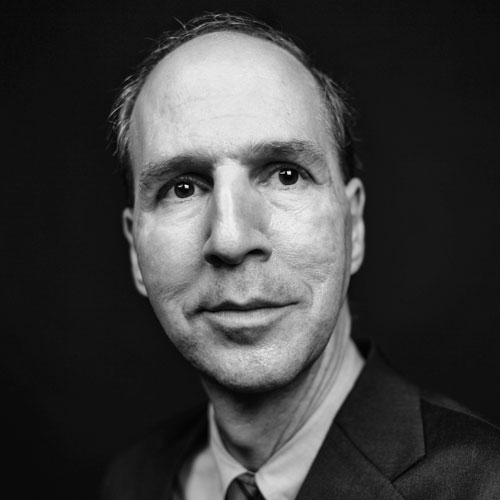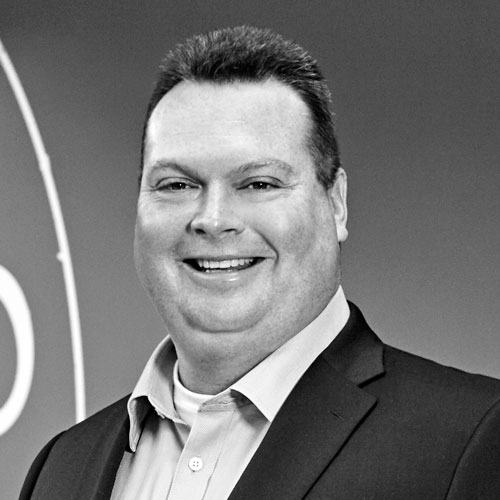Raymond Chang keeps surprising himself. He thinks he is a careful person who chooses the surer path when confronted with a variety of options, but when he looks back at his career, he realizes that has rarely been the case.
After graduating from the University of Texas School of Law, he went to work for powerhouse law firm Baker Botts in Houston, Texas. A year later, he left with six other attorneys to open the Houston office of Baker & McKenzie. “Why I left a prestigious law firm with 200 lawyers in the city to help start one without a local office, I’ll never know. We didn’t even have a fax machine,” he says, laughing.
Four years later, Chang decided to move in-house instead of jumping on the partner track. He interviewed at Exxon and National Oilwell Varco (NOV). Once again, he turned his back on the proven entity. Instead, he went with the company he had never heard of before. Thirteen years later, NOV spun off its Distribution business, establishing DistributionNOW (DNOW), an independent, publicly traded company. Chang moved with it, becoming its vice president, general counsel, and corporate secretary. Why did he leave the known for the unknown again?
“A high achieving, go-getter may look great on paper, but is not necessarily good for the workplace. . . . On my team, people need to look out for each other and be willing to pinch hit when a team member needs assistance.”
“DNOW’s goal was to grow quickly, which meant there would be lots of mergers and acquisitions, and I wanted to help with that,” Chang explains. “In addition, several NOV leaders were making the move, and I had a lot of faith in them.”
Since DNOW’s founding in 2014, it has completed ten acquisitions and expanded its geographic footprint inside and outside North America. “This is largely a reflection of the leadership at DNOW,” Chang says. “As CEO of NOV, Pete Miller shepherded phenomenal growth. He is now the executive chairman of DNOW, where he and CEO Robert Workman plan to do the same.”
Another reason for making the move was the opportunity to create and develop a legal team from scratch. “I look for people with legal knowledge and skills, but more importantly, I want people who will work as a team and get along,” he says.
Chang admits he is very picky. “A high achieving, go-getter may look great on paper, but is not necessarily good for the workplace. I might admire their skills and ambition, but I wonder how many people they’d be willing to step over to get ahead,” Chang says. “On my team, people need to look out for each other and be willing to pinch hit when a team member needs assistance. They’re not here to succeed at the expense of others.”
One of the initiatives that Chang has implemented to help ensure his team works well together is the introduction of annual performance reviews. “I sit down with my direct reports and discuss what they’re doing well, the goals I have for them, and the ways I think they might be able to improve,” Chang says. “I also ask for their feedback to see what they think of my leadership and the company as a whole.” The reciprocal feedback benefits all members of the legal team.
Chang explains that the performance reviews focus on different aspects depending on the stage of the lawyer. For the junior lawyers, the focus is to broaden their legal skill set and empower them, and Chang structured the legal department to allow each attorney to be a generalist to give them a taste of everything. That way, they can reach a point where they don’t have to run everything by him.
“They may not know the right answers all the time, but I want them to learn and gain confidence in their decision-making process,” Chang says. “For the more senior attorneys, like my assistant GC, part of my job is to give them more visibility with upper management and hone their leadership skills.”
Another initiative that Chang has introduced at DNOW is legal presentations. “One of the issues I wanted to address was the disunited relationship between legal and the rest of the company,” Chang says. “Legal departments often have a reputation for sending contracts back ‘dripping red,’ creating the appearance that legal is challenging things for the fun of it.”
With the legal presentation, Chang hopes to change this image. He created talking points to explain what the legal department does, and, more importantly, why. He also highlighted certain “pinch points” in contracts that could be problematic, explaining what could go wrong if they didn’t take these positions and reminding everyone to work collaboratively. “We’re all here for the same reason, to benefit the company,” Chang says. “Now, instead of just seeing a red line, they understand why it is there.”
During this educational process, the business teams also learned that they need certain pieces of information to advise properly. For instance, the value of a contract often influences risk tolerance, and the types of goods being provided can affect exposure, according to Chang. “We also streamline contract reviews to focus on areas that can create liability to the company and avoid ‘wordsmithing’ changes,” he says. “We’re educating each other all the time and learning which details matter.”
How have Chang’s career choices turned out? Baker & McKenzie’s Houston office now has more than fifty lawyers. When Chang joined NOV, it had around 5,000 employees, and by the time he left, there were more than 60,000 employees. Currently, DNOW has 5,000 employees and is committed to such growth as well. “They always say, ‘It’s better to be lucky than good,’” Chang says. “Well, I keep knocking on wood, because I’ve been extremely fortunate. Even if DNOW is half as successful as my previous career decisions, I’ll be very happy.”

